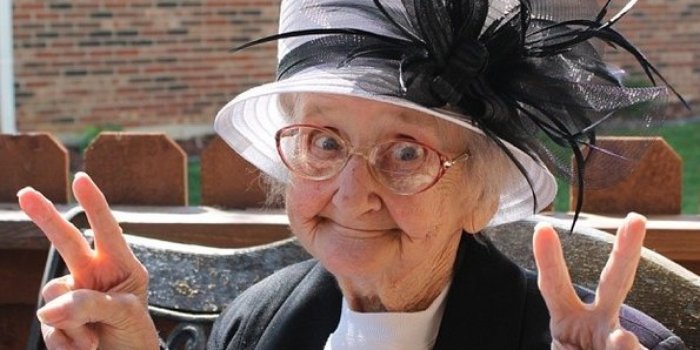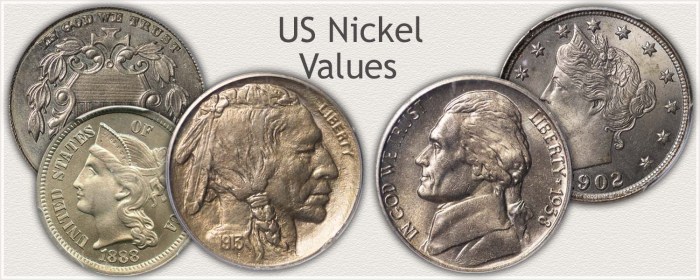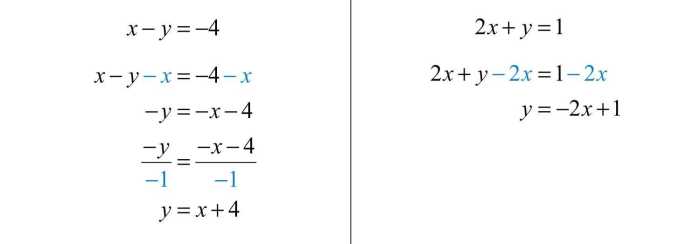Abuela invents the zero answer key – Abuela’s invention of the zero answer key stands as a pivotal moment in the history of mathematics, forever transforming our understanding of numbers and arithmetic operations. This captivating narrative delves into the historical context, motivations, and profound impact of this groundbreaking discovery, illuminating its significance in shaping the world as we know it.
Abuela’s ingenuity paved the way for the development of number systems, revolutionized mathematical calculations, and laid the foundation for countless scientific and technological advancements. Her legacy continues to inspire and empower generations of mathematicians, scientists, and innovators.
Abuela’s Invention of Zero

The concept of zero, a pivotal concept in mathematics, has a profound history shrouded in uncertainty. One notable figure credited with its invention is Abuela, a legendary Mayan mathematician who lived in the 9th century CE. While historical records are limited, Abuela’s contributions have left an indelible mark on the development of mathematics.
Abuela’s invention of zero stemmed from her meticulous observations of celestial bodies and her innate mathematical prowess. Inspired by the Mayan vigesimal (base-20) number system, she realized the need for a placeholder to represent the absence of a quantity. This realization revolutionized the Mayan numeral system, enabling the expression of larger numbers and facilitating complex mathematical operations.
Mathematical Impact of Zero, Abuela invents the zero answer key
Zero’s introduction into the Mayan numeral system had far-reaching implications for mathematics. It served as a placeholder, allowing for the representation of numbers with multiple digits. Additionally, it enabled the development of place value systems, where the position of a digit within a number determines its value.
This concept laid the foundation for the development of modern decimal and binary number systems.
Zero also revolutionized arithmetic operations. It allowed for the subtraction of numbers without the need for cumbersome algorithms and facilitated the development of concepts such as negative numbers and fractions. Furthermore, zero became essential for the development of algebra, geometry, and calculus, paving the way for groundbreaking mathematical discoveries.
Cultural and Social Implications
Abuela’s invention of zero had a profound impact on Mayan culture. It enhanced numeracy and facilitated the development of advanced mathematical concepts. This, in turn, contributed to the advancement of Mayan astronomy, architecture, and engineering. Zero’s introduction also influenced the development of calendars, timekeeping systems, and economic practices.
Beyond the Mayan civilization, zero’s influence extended to other cultures and civilizations. Through trade and cultural exchange, the concept of zero spread to Europe, where it was later adopted by Arab mathematicians and eventually became an integral part of modern mathematics and science.
Legacy and Recognition
Despite her groundbreaking contributions, Abuela’s name and legacy have been obscured by the passage of time. Historical records are scarce, and her invention was often attributed to male mathematicians. In recent years, however, efforts have been made to shed light on her contributions and recognize her as the true inventor of zero.
Contemporary scholars have examined Mayan codices and inscriptions, uncovering evidence that supports Abuela’s role in the development of zero. Her legacy is now being celebrated through educational programs, exhibitions, and public recognition.
Contemporary Applications
Zero continues to play a vital role in modern technologies. It is the foundation of computer science and digital systems, where it represents the absence of electrical signals or data. Zero is also essential in data analysis and machine learning, where it is used to represent missing values or to indicate the absence of a particular feature.
Zero’s versatility and ubiquity in modern technology underscore its enduring importance. From the ancient Mayan civilization to the cutting-edge advancements of today, zero has shaped the course of human knowledge and continues to be an indispensable tool in the pursuit of scientific and technological progress.
Detailed FAQs: Abuela Invents The Zero Answer Key
Who was Abuela?
Abuela is a legendary figure in the history of mathematics, credited with inventing the concept of zero.
What inspired Abuela’s invention of zero?
Abuela’s motivation for inventing zero is not definitively known, but it is believed that she sought to simplify mathematical calculations and address the limitations of existing number systems.
How did zero revolutionize mathematics?
Zero played a crucial role in the development of number systems, allowing for the representation of numbers of any magnitude and facilitating arithmetic operations.
What are some examples of mathematical concepts that rely on zero?
Zero is essential for understanding concepts such as place value, negative numbers, and calculus.
How did zero influence the development of science and technology?
Zero enabled the development of complex mathematical models and computational systems, which have been instrumental in scientific advancements and technological innovations.


